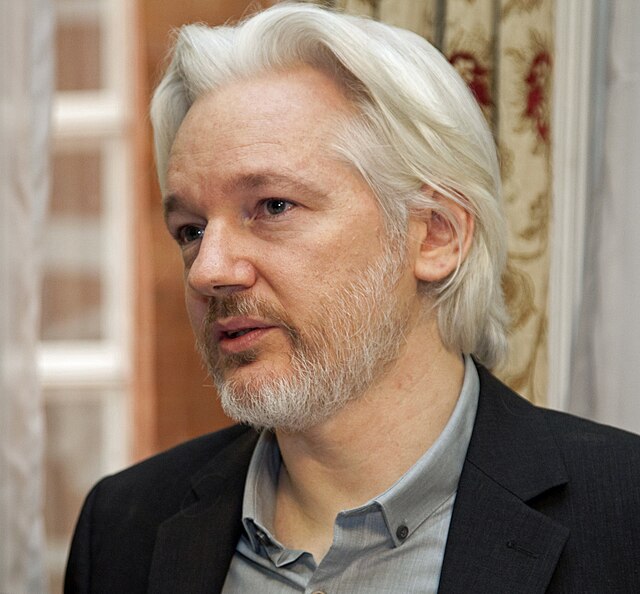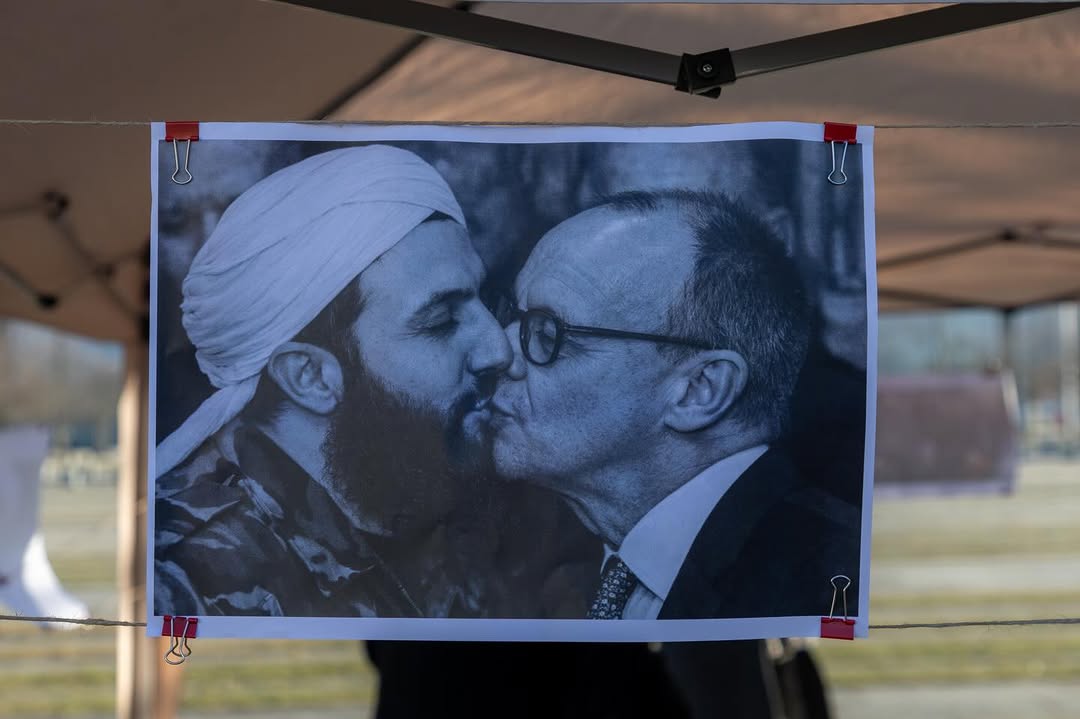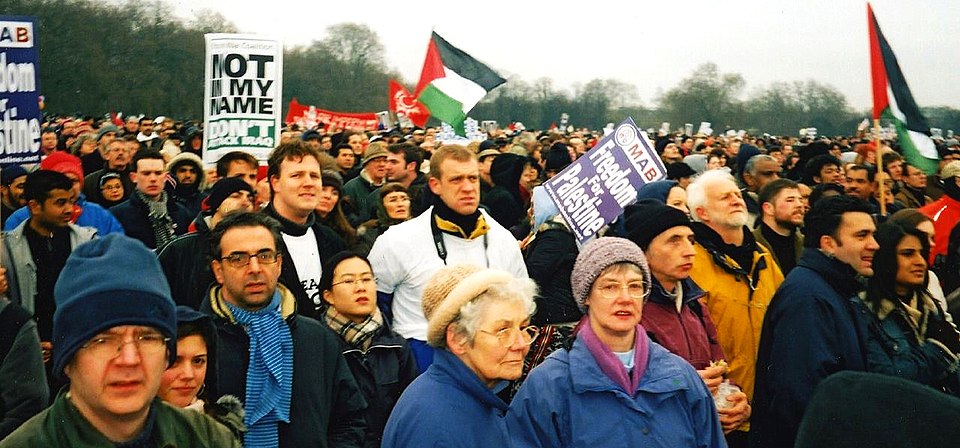Julian Assange was finally given back his freedom. After 5 years of detention, the journalist and Wikileaks founder was released from Belmarsh prison. Yet, the decision has a bitter aftertaste for human rights defenders, journalists and academics. The decision that eventually led to his freedom was a deal with the government of the United States, which had charged the investigative journalist with espionage. Through the organization Wikileaks, which was founded by Assange, documents proving war crimes committed by American troops 15 years ago, were published. These documents were leaked by Chelsea Manning, a former United States Army Soldier. Until the date, Manning was incarcerated for seven years for violations of the US-American espionage act for leaking classified documents to Wikileaks.
Yesterday’s release of Julian Assange was much celebrated around the world. But it actually represents a setback for human rights defenders. Charges against Assange had not been dropped. By signing the deal, he agreed to his conviction of espionage.
Through Assange’s imprisonment, limits for press and academic freedom have been drawn: do not publish illegally obtained documents. Yet, the inhumane treatment of Julian Assange, denounced even by the UN-Special Rapporteur on Torture, points to a second boundary: do not mess with the government of the United States.
It is easy to be a human rights defender in the West when it comes to the “usual culprits”: Russia, Iran, China. Conferences are frequent and funds abundant. Despite the obviously dangerous nature of their profession, researchers and journalists covering Russia war crimes in Ukraine enjoyed abundant support from the European community. And they should. But the same cannot be said about human rights defenders covering Palestine. They were silenced, defamed, victimized by police violence, and lost their jobs – and were even temporarily banned from German territory.
Before the public persona Assange comes the human being. His freedom should be celebrated. The real question is: has the government deal legalized his illegal imprisonment? He might be free, but has he obtained real freedom to continue his mission?
Is the public allowed to hold Western governments accountable? Are human rights defenders allowed to do their work, regardless of the country’s flag?
In Latin America, state violence is researched by a large community. The investigation of human rights abuses is an established practice in academia. In Germany, in the middle of two wars, and against the repression of critical voices regarding war crimes in Palestine and institutional violence, holding Western governments accountable has become an act of great courage – even in a country with a so-called Feminist Foreign Policy.
Assange is free, but are we free?




